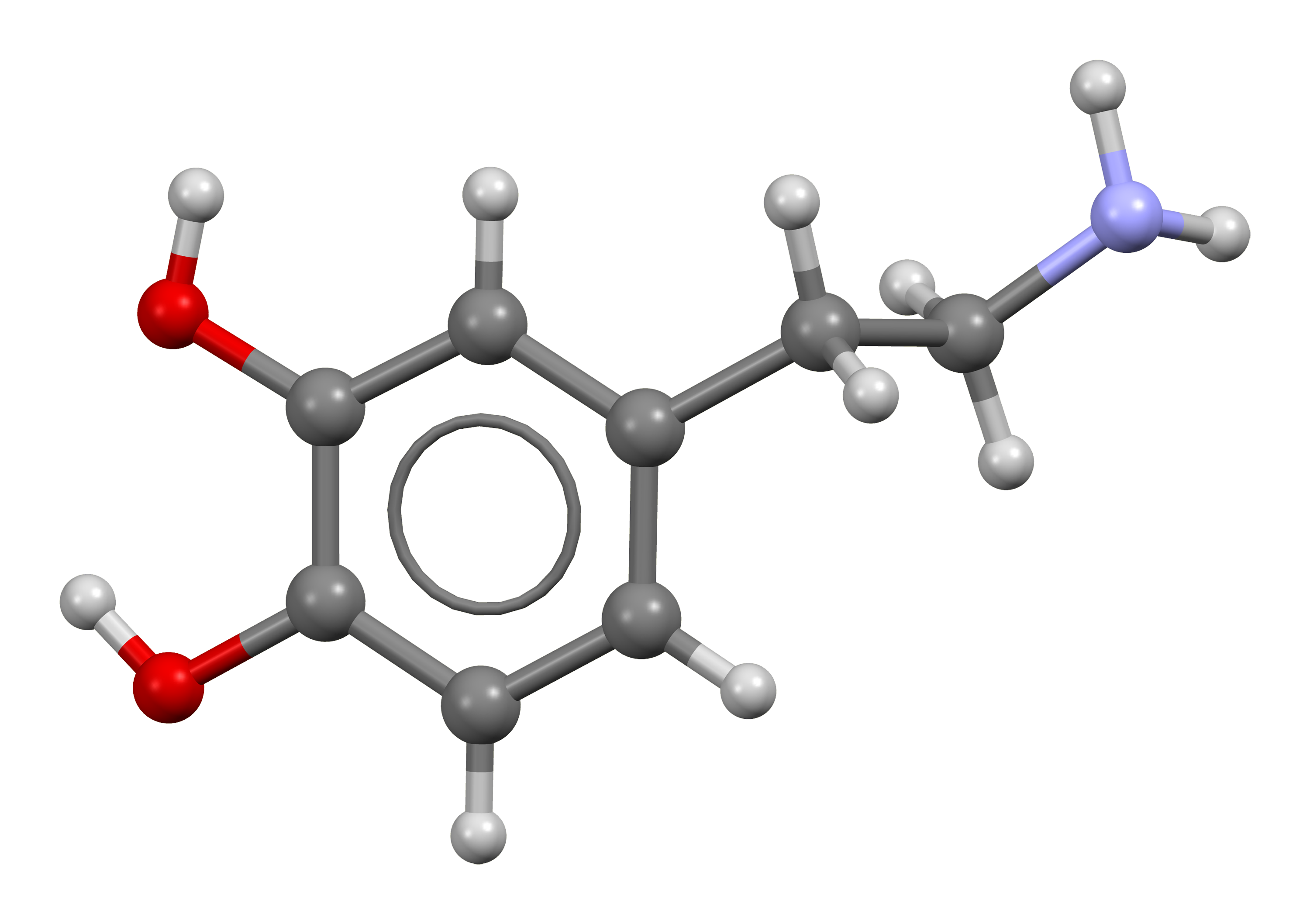Introduction to Dopamine
- Introduction to Neurotransmitters
- The Role of Dopamine
- The Role of Serotonin
- Interplay of Dopamine and Serotonin
- Competing Actions
- Collaborative Actions
- Conflicting Actions on Same Behaviors
- Complexity in Neuronal Combinations
- The Impacts of Therapeutic Drugs on Dopamine and Serotonin
- Dopamine, Serotonin and Mental Health
- Dopamine, Serotonin and Cognitive Functioning
- Settings, Synaptic Plasticity and Sensitization
- Prospects and Challenges in Dopamine & Serotonin Research
Settings, Synaptic Plasticity and Sensitization
Sensitization, Dopamine, and Serotonin: A Deep Dive

Organic chemical that functions both as a hormone and a neurotransmitter.
Sensitization is a non-associative learning process in which repeated administration of a stimulus results in the progressive amplification of a response. In the context of neuroscience, sensitization often refers to the increased response to stimuli following the administration of a psychoactive drug. This article will explore the role of dopamine and serotonin in the process of sensitization and its implications for understanding mental health disorders and their treatment.
Understanding Sensitization
Sensitization is a fundamental process that can lead to changes in behavior and cognition. It is a form of neuroplasticity, which refers to the brain's ability to change and adapt in response to experiences. Sensitization can occur in various contexts, including drug use, stress, and exposure to traumatic events.
The Role of Dopamine and Serotonin in Sensitization
Dopamine and serotonin, two critical neurotransmitters in the brain, play a significant role in the process of sensitization. Dopamine is often associated with the brain's reward system and motivation, while serotonin is linked to mood regulation, among other functions.
Repeated exposure to stimuli that increase dopamine or serotonin levels can lead to sensitization. For instance, repeated use of drugs that increase dopamine levels, such as cocaine or amphetamines, can lead to an enhanced response to the drug over time. This is one of the mechanisms underlying drug addiction.
Similarly, repeated exposure to stress, which can alter serotonin levels, can lead to an increased response to stressful events over time. This can contribute to the development of mental health disorders such as anxiety and depression.
Implications for Understanding Mental Health Disorders and Treatment
The concept of sensitization has significant implications for understanding mental health disorders and their treatment. For instance, the sensitization of the dopamine system is thought to play a role in the development of schizophrenia. Similarly, the sensitization of the serotonin system may contribute to anxiety and mood disorders.
Understanding the role of dopamine and serotonin in sensitization can also inform treatment strategies. For example, medications that modulate dopamine and serotonin levels, such as certain types of antidepressants, can potentially help to reverse the effects of sensitization.
In conclusion, sensitization is a critical process that can lead to changes in behavior and cognition. Dopamine and serotonin play a significant role in this process, and understanding their involvement can provide valuable insights into mental health disorders and their treatment.